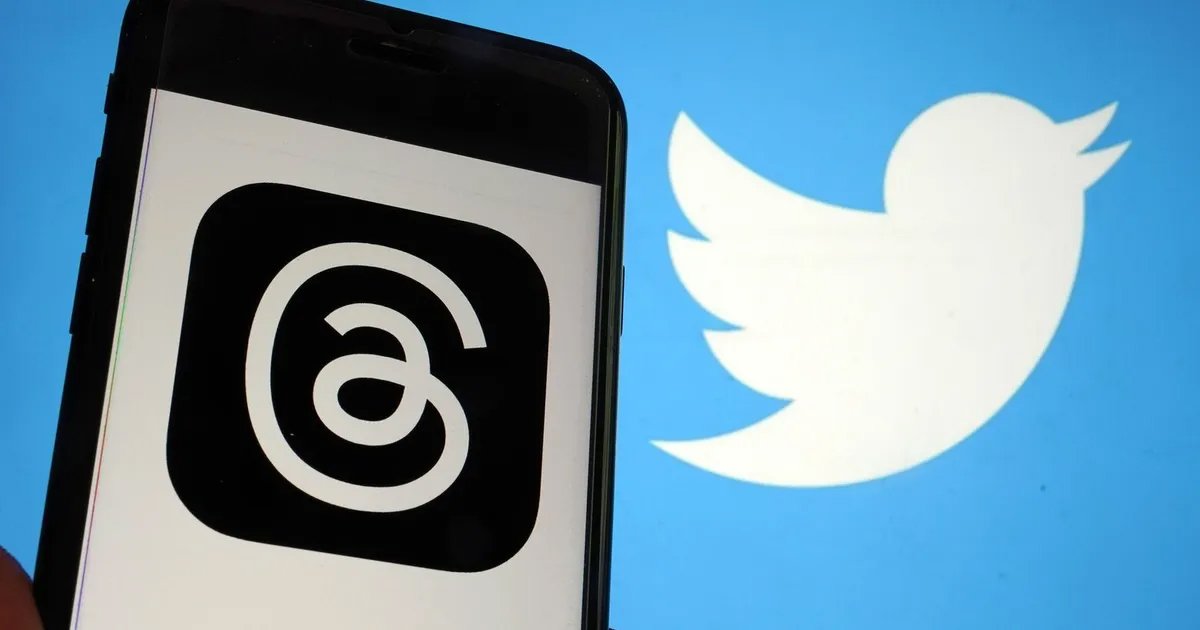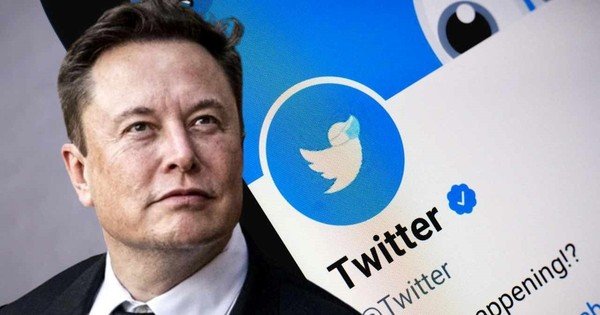NEW YORK, Dec 25: We lost Twitter and got X. We tried out Bluesky and Mastodon (well, some of us did). We fretted about AI bots and teen mental health. We cocooned in private chats and scrolled endlessly as we did in years past. For social media users, 2023 was a year of beginnings and endings, with some soul-searching in between.
Here’s a look back some of the biggest stories in social media in 2023 — and what to watch for next year:
GOODBYE TWITTER
A little more than a year ago, Elon Musk walked into Twitter ’s San Francisco headquarters, fired its CEO and other top executives and began transforming the social media platform into what’s now known as X.
Musk revealed the X logo in July. It quickly replaced Twitter’s name and its whimsical blue bird icon, online and on the company’s San Francisco headquarters.
“And soon we shall bid adieu to the twitter brand and, gradually, all the birds,” Musk posted on the site.
Because of its public nature and because it attracted public figures, journalists and other high-profile users, Twitter always had an outsized influence on popular culture — but that influence seems to be waning.
“It had a lot of problems even before Musk took it over, but it was beloved brand with a clear role in the social media landscape,” said Jasmine Enberg, a social media analyst at Insider Intelligence. “There are still moments of Twitter magic on the platform, like when journalists took the platform to post real-time updates about the OpenAI drama, and the smaller communities on the platform remain important to many users. But the Twitter of the past 17 years is largely gone, and X’s reason for existence is murky.”
Since Musk’s takeover, X has been bombarded by allegations of misinformation and racism, endured significant advertising losses and suffered declines in usage. It didn’t help when Musk went on an expletive-ridden rant in an on-stage interview about companies that had halted spending on X. Musk asserted that advertisers that pulled out were engaging in “blackmail” and, using a profanity, essentially told them to get lost.
Continuing the trend of welcoming back users who had been banned by the former Twitter for hate speech or spreading misinformation, in December, Musk restored the X account of conspiracy theorist Alex Jones, pointing to an unscientific poll he posted to his followers that came out in favor of the Infowars host who repeatedly called the 2012 Sandy Hook school shooting a hoax.
LGBTQ and other organizations supporting marginalized groups, meanwhile, have been raising alarms about X becoming less safe. In April, for instance, it quietly removed a policy against the “targeted misgendering or deadnaming of transgender individuals. In June, the advocacy group GLAAD called it “the most dangerous platform for LGBTQ people.”
GLSEN, an LGBTQ education group, announced in December that it was leaving X, joining other groups such as the suicide prevention nonprofit Trevor Project, saying that Musk’s changes “have birthed a new platform that enables its users to harass and target the LGBTQ+ community without restriction or discipline.”
HELLO X. AND THREADS. AND BLUESKY
Musk’s ambitions for X include transforming the platform into an “everything app” — like China’s WeChat, for instance. The problem? It’s not clear if U.S. and Western audiences are keen on the idea. And Musk himself has been pretty vague on the specifics.
While X contends with an identity crisis, some users began looking for a replacement. Mastodon was one contender, along with Bluesky, which actually grew out of Twitter — a pet project of former CEO Jack Dorsey, who still sits on its board of directors.
When tens of thousands of people, many of them fed-up Twitter users, began signing up for the (still) invite-only Bluesky in the spring, the app had less than 10 people working on it, said CEO Jay Graber recently.
This meant “scrambling to keep everything working, keeping people online, scrambling to add features that we had on the roadmap,” she said. For weeks, the work was simply “scaling” — ensuring that the systems could handle the influx.
“We had one person on the app for a while, which was very funny, and there were memes about Paul versus all of Twitter’s engineers,” she recalled. “I don’t think we hired a second app developer until after the crazy growth spurt.”
MENTAL HEALTH WORRIES
Social media’s impact on children’s mental health hurtled toward a reckoning this year, with the U.S. Surgeon General warning in May that there is not enough evidence to show that social media is safe for children and teens — and calling on tech companies, parents and caregivers to take “immediate action to protect kids now.”
“We’re asking parents to manage a technology that’s rapidly evolving that fundamentally changes how their kids think about themselves, how they build friendships, how they experience the world — and technology, by the way, that prior generations never had to manage,” Dr. Vivek Murthy told The Associated Press. “And we’re putting all of that on the shoulders of parents, which is just simply not fair.” (AP)












